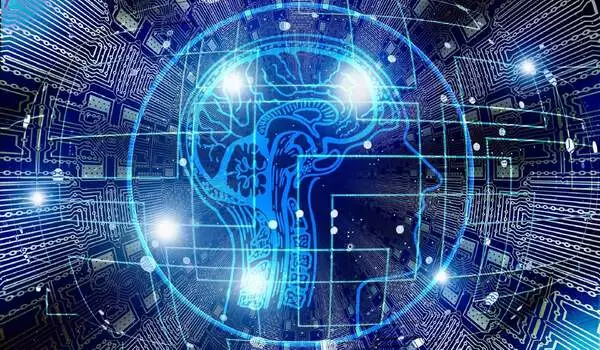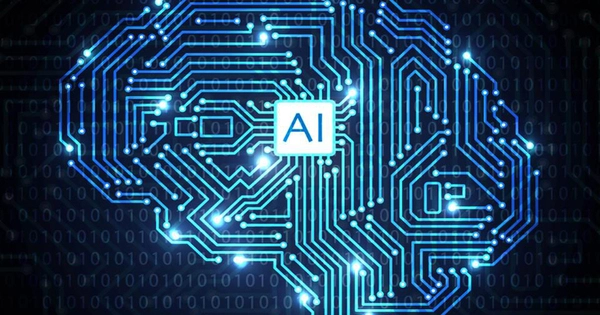Artificial intelligence (AI) is a rapidly developing field with the potential to make significant contributions to solving global challenges. AI technologies can be used to address complex problems in a variety of fields, including healthcare, environmental sustainability, education, and poverty reduction.
A study conducted by the Medical University of Vienna looked into the potential of artificial intelligence (AI) to address societal megatrends and analyzed its proposed solutions to these global challenges. Artificial intelligence can provide understandable insights into the complex and cross-cutting issues of megatrends, as well as how they may change and benefit in various areas if AI systems are implemented. The findings are now available in the journal Systems.
The study by Daniela Haluza and David Jungwirth of MedUni Vienna’s Center for Public Health used OpenAI’s Generative Pre-Trained Transformer 3 (GPT-3), a more powerful version of the currently popular ChatGPT chatbot, to analyze the potential of AI for societal megatrends. These are major global issues such as digitization, urbanization, globalization, climate change, automation, mobility, global health issues, aging population, emerging markets, and sustainability.
Our exploratory study shows that AI provides GPT-3 with simple insights into the complex and cross-cutting issues of the megatrends, and how they might change and benefit in different areas if AI systems are deployed.
Daniela Haluza
Interacting with the AI was accomplished by asking questions and analyzing the generated responses. According to the study, AI can significantly improve understanding of these megatrends by providing insights into how they may evolve over time and what solutions may be implemented.
“Our exploratory study shows that AI provides GPT-3 with simple insights into the complex and cross-cutting issues of the megatrends, and how they might change and benefit in different areas if AI systems are deployed,” Haluza says. “In addition, GPT-3 has illustrated several solution ideas for each of the ten societal megatrends and provided recommendations for additional scientific research in these areas,” Jungwirth adds.
The author team notes that while much work remains to be done before the use of AI tools such as GPT-3 will have a tangible impact on societal megatrends, there is ample evidence to suggest that they will have a positive impact if used correctly. The researchers also suggest that further research should be conducted on how best to use new AI technologies to address these challenge.

Not infallible and ethical discussion needed
The study also admits that, while AI systems are becoming more sophisticated, they are not infallible and can still make mistakes or produce incorrect results. Haluza offers a sober assessment of the current hype surrounding artificial intelligence. “Another issue is that AI GPT-3 only provides useful answers when the question is very precisely phrased, and even then, it simply invents content without labeling. Garbage goes in, garbage goes out.”
According to the study’s findings, an AI could be useful for use cases such as abbreviating and creating summaries. However, the authors argue that an ethical discussion about the broader use of AI systems for writing scientific research papers is long overdue and should result in revised journal policies, possibly restrictions on future co-authorships with AIs, the implementation of mandatory tools for reviewing AI-generated content, or the refusal to allow AIs to collaborate on scientific articles themselves.
Finally, AI can also be used to address poverty and inequality. For example, predictive analytics algorithms can be used to identify at-risk populations and develop targeted interventions to improve health outcomes, education, and economic opportunities.















